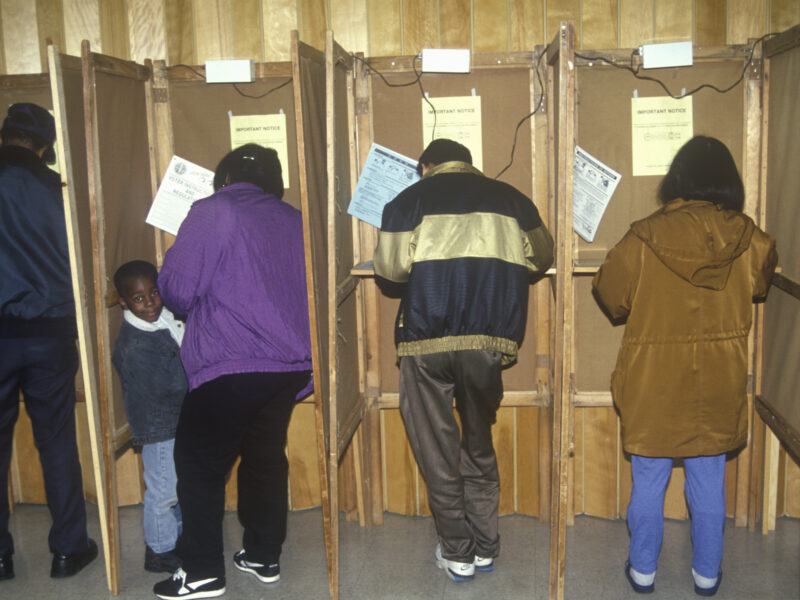Regarding my recent posting of an op-ed piece I wrote for the Portland Press Herald on selective college admissions — See Feb 14: “The Odds of Selective College Admissions Always Favor the House” — some folks have suggested that I may have been a bit too brash in trashing the colleges. Fair enough.
Most kids had also had some triumphs. (In my case, I recall … uhm… well… let me get back to you.) It’s not that we didn’t experience disappointment when we were rejected by our dream colleges. It’s just that, as a rule, we were better equipped to handle rejection than today’s kids, if for no other reason than the fact that we had more practice with it than today’s kids have had.If you think about it, a kid whose bedroom bureau is fully cluttered with trophies… Or who has never been cut from an athletic team… Or whose helicoptering mom or dad has been running interference for them since 1st grade may not have had much chance to process success and failure. For many of these teenagers, the college admissions process is the first realization that life is not “sanitized for your protection.”So, that’s where my comments come in. I figure that if they have a better understanding of the game going in, they’ll be better able to handle the outcomes, be they good or bad.
In the end, the colleges are addressing their realties and so must the applicants. As one who represents the applicants in the dynamic, it is my job to make sure they understand who is holding the cards. (That would be the colleges.) Truth be told, in recent years I have found an increasing need to go overboard in helping them gain and own that understanding.
To be fair, I have also encountered a number of colleges striving to be part of the solution. For example, not only am I a big fan of the organization Colleges That Change Lives — Check out their web site: www.ctcl.org – we’ve had their executive director speak to our seniors at Hyde.
Onward, Malcolm Gauld


